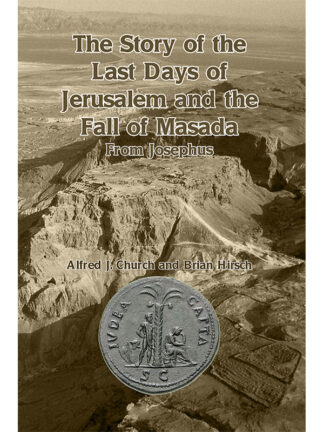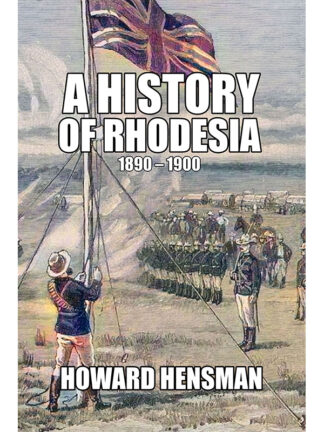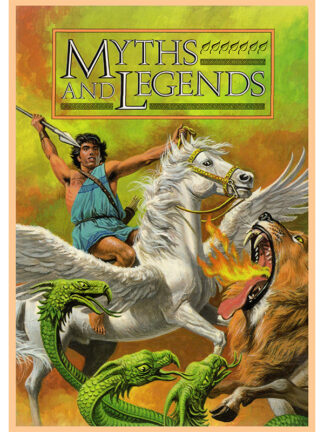Description
By John Sartain
A fascinating study of an antique mystery: did the ancient painting of Cleopatra, made by order of Roman Emperor Octavian Augustus in 30 BC, survive until the early nineteenth century and do numerous copies thereof portray an accurate representation of the famous Macedonian Queen of Egypt?
One of America’s foremost print artists-himself an acknowledged master craftsman-set out to discover the truth after touring Italy.
Roman historical sources establish beyond question that Emperor Augustus ordered an encaustic painting of Cleopatra made after her suicide in Egypt, for use in his victory parade in Rome. The painting was last recorded as being present in the villa of Emperor Hadrian. Thereafter it vanished, until the year 1818, when it was found during an excavation at the site.
Restored, the painting went on display throughout Europe, drawing crowds and newspaper reports around the continent. It was then returned to Italy, where it was kept in Sorrento. There, it sadly once again vanished during the wars of unification in that country, but not until copies had been made.
This remarkable book tells of the story of this amazing picture, one of the lost great mysteries of ancient Roman times.
This new edition has been completely reset and hand restored to the best quality possible and is not a “photocopy” type reproduction.
It also contains a new biographical sketch of the author.
John Sartain (1808-1897) was an English-born American print artist who was the first mezzotint engraving artist in the United States, magazine and book illustrator, patron of the arts, and for 28 years, patron of the School of Design for Women, and the Pennsylvania Academy of Fine Arts. He was also the holder of the Italian cavaliere of the Order of the Crown of Italy and an elected member of Amsterdam’s “Artis et Amicitiæ” society.
74 pages
Softcover ISBN
9781915645289
Hardcover ISBN
9781915645296













